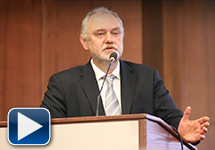
VIDEO: Senior Research Fellow Nikolai Sokov explains Russia’s modernization plans and nuclear strategy, and what it means for future US-Russia arms control.
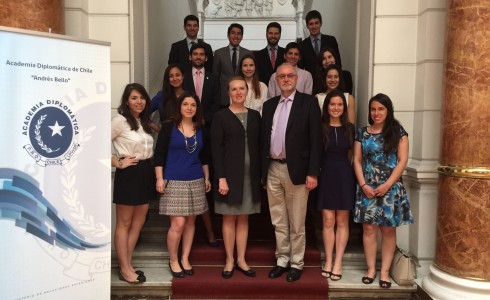
The week-long course in Santiago is part of a strong and growing relationship between the Chilean Foreign Ministry and CNS.
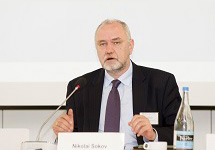
To many Russians, the future looks “dark and dangerous,” and not very susceptible to further reductions on Russian reliance on nuclear weapons.
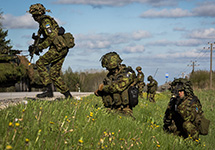
This CNS report analyzes key NATO states’ threat perceptions of Russia, and provides recommendations in advance of the July 2016 NATO summit in Warsaw.
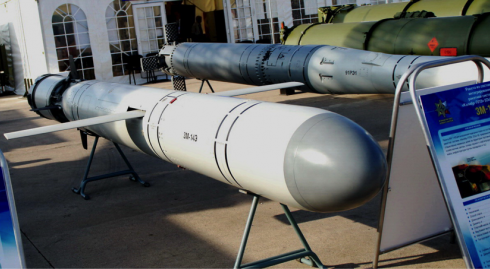
A new round of Russian cruise missile tests are stirring up yet another source of contention between the United States and Russia.
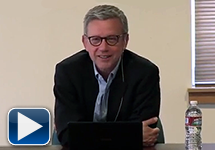
Video Lecture with Dr. Bruno Tertrais and Dr. Nikolai Sokov on February 24, 2015.
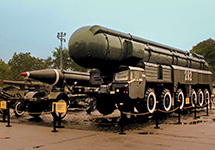
Nikolai Sokov spells out three ways that nuclear weapons feature in the Ukraine crisis.
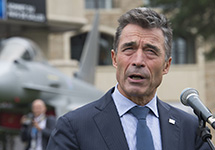
This week’s NATO summit may mark a turning point away from US-Russian arms control and could lead to a renewed emphasis on nuclear weapons.
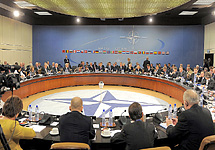
Changes to NATO’s defense posture are likely to involve a strengthening of its conventional, rather than nuclear deterrent.
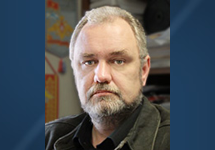
If Russia were faced with a large-scale conventional attack that exceeded its capacity for defense, it might respond with a limited nuclear strike.